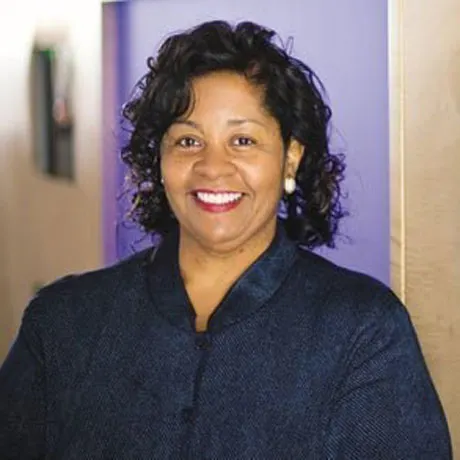Max Ash: Taking dyslexia to the net
Max Ash had a big idea: to make playing with his food fun — and OK with his parents.
So Max used his passion for basketball and hot chocolate and came up with a splashy new product. Max’s invention — The Mug With A Hoop™ — is a ceramic cup shaped like the bottom half of a basketball. At the edge of the cup near the handle, there’s a backboard with a hoop hanging over the cup. Kids can “shoot” baskets by spooning marshmallows (or even Cheerios) through the hoop.
That’s a slam dunk for a 10-year-old. Now his 16-ounce mug is a big seller online and at dozens of Nordstrom stores. He has also released baseball, hockey, soccer, and golf mugs.
Max, who has dyslexia, has lots of great ideas, says his mother Jennifer Ash: “He is a very visual thinker and learner.” When I asked Max how he came up with the idea for the mug, he told me, “I found it in my head.” The Mug With A Hoop is just the beginning of turning those ideas into money-making products.
Max is the creative force behind Max’is Creations, a business he runs with the rest of his family. He’s also the head of sales. And he’s a full-time fourth grader at the Carroll School in suburban Boston, which has campuses in Lincoln and Waltham. The school serves children with and other learning differences.
His brother Sam, 13, is the chief product tester and Max’s biggest fan and supporter. Sam even goes with Max on sales calls. Mom Jennifer and dad Ronald handle the daily nuts-and-bolts of running the company. She’s a consulting psychologist who does executive development and training. He’s a hospital administrator.
How do they juggle their own jobs, parenting Max and Sam, and their work for Max’is Creations? “The boys are living their regular lives, and we’re a little busy,” Jennifer says. She and her husband do most of the work for the business at night and on the weekends. They also drive the boys to make deliveries to stores and other business appointments. “It’s just wonderful to watch and see the joy other people get in what Max created,” Ronald says.
The business is profitable, Jennifer says. Max’is Creations sold 10,000 mugs in the past two months and expects that number to climb to 18,000 by the end of the year. That would total $400,000 in retail sales since September.
Five percent of the profits from sales of the mugs will be donated toward dyslexia research and awareness. Max has also donated mugs for fundraising campaigns at the Carroll School and elsewhere. Most of the rest of the profits will go toward savings for college.
“People always say it’s amazing what you’re doing for Max,” Jennifer says. “The truth is we are also doing it for the other parents out there who have their own Maxes. We want to show them that there is a specialness in people who think differently, and Max is just an example of that.”
Working in the business is also a big part of Max’s speech and language therapy for his dyslexia. Making sales calls and talking about his products is teaching him how to organize his responses to questions better, his parents say. “It has absolutely helped his communication skills by pushing him to use his language more and to practice communicating [on the fly],” Jennifer says.
“Traditional definitions of success often leave kids like Max behind because they think and learn differently,” Max’s mom says. “What this experience has taught us is that even if he’s not at the top of the echelon when it comes to good grades and strong SAT scores, we don’t need to be worried about his career path. So long as he embraces his own creative instincts, people will not only pay him for his art but also for his ideas.”
Read about more successful entrepreneurs with learning and thinking differences.

